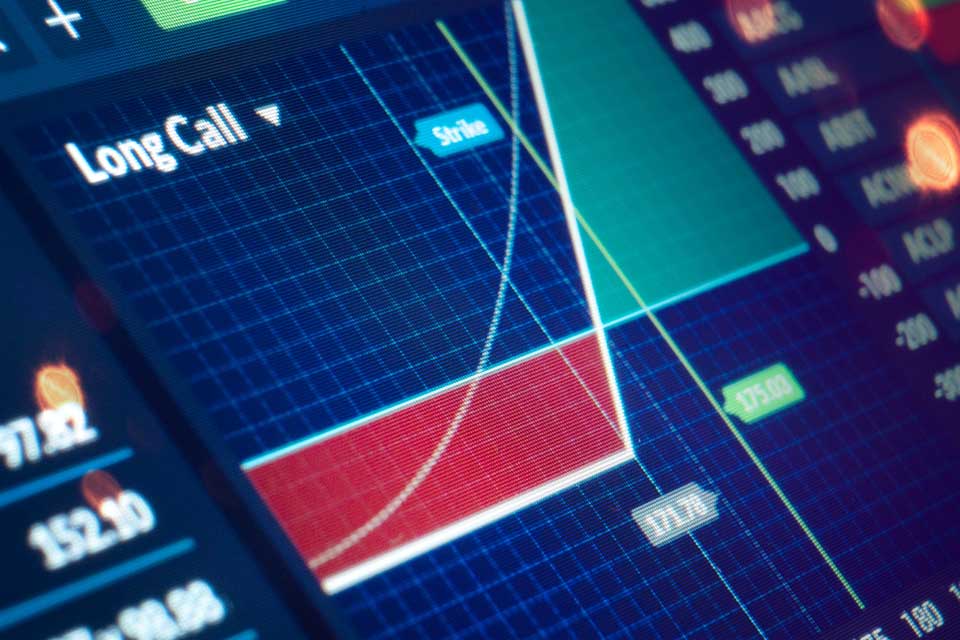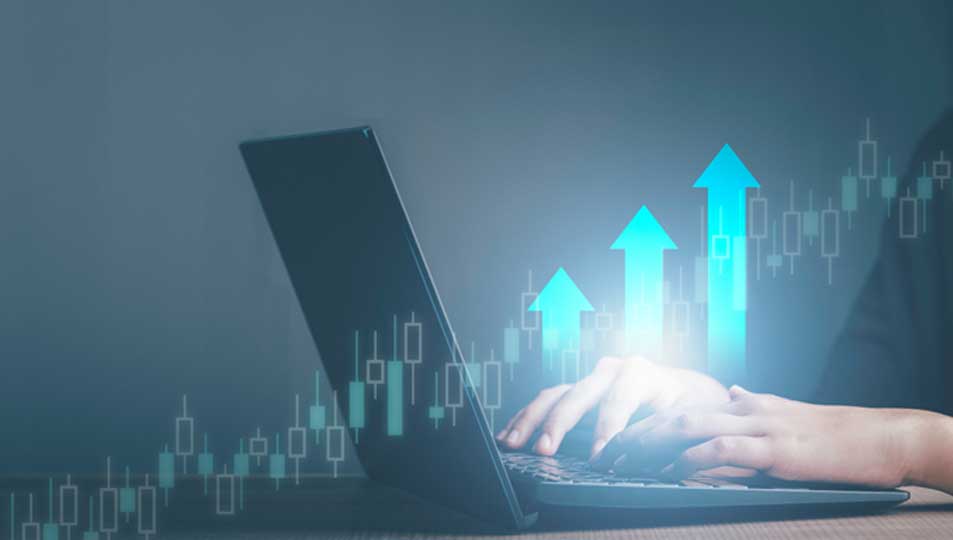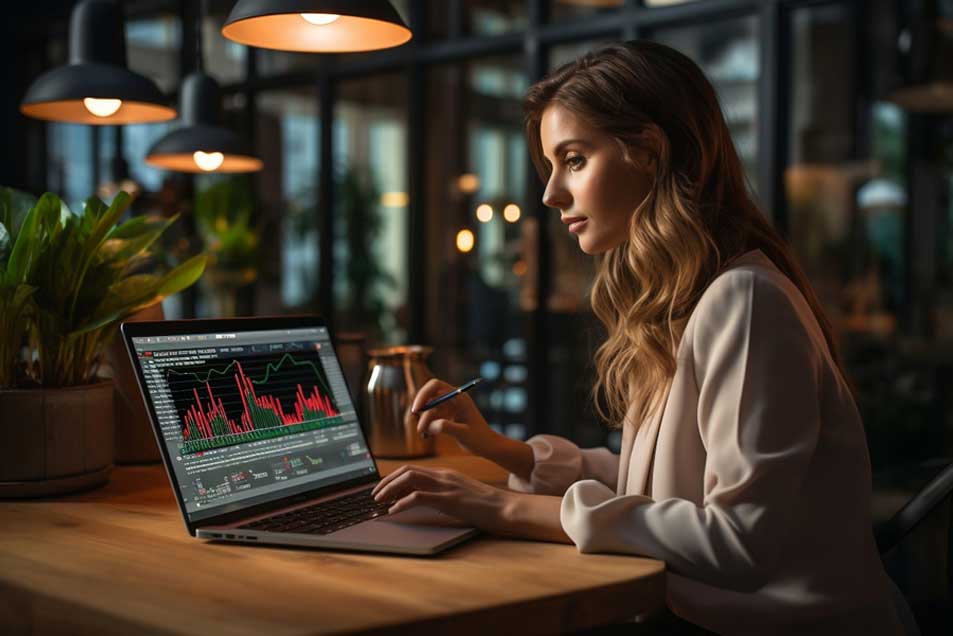Astrological futures trading is a fascinating approach that combines financial analysis with astrological principles to forecast market movements. While traditional financial analysis relies on technical indicators, fundamental analysis, and market trends, astrological futures trading incorporates celestial events, planetary alignments, and astrological cycles into the decision-making process.

The concept of using astrology for trading futures dates back centuries, with ancient civilizations such as the Babylonians and Egyptians believing in the influence of celestial bodies on earthly events, including financial markets. Today, modern astrologers and traders continue to explore this unconventional approach, seeking to uncover hidden patterns and gain an edge in the highly competitive world of futures trading.
Astrological Futures Trading
Astrological futures trading involves analyzing astrological charts, planetary movements, and celestial events to make informed trading decisions. Astrologers and traders often look for correlations between specific planetary alignments and historical market movements, believing that certain planetary positions may signal upcoming trends or reversals in the futures markets.
Key concepts in astrological futures trading include:
- Planetary Alignments: Traders observe how the positions of planets such as Mercury, Venus, Mars, Jupiter, Saturn, Uranus, Neptune, and Pluto relative to each other and to key points in the zodiac may influence market sentiment and price movements.
- Eclipses and Lunations: Solar and lunar eclipses, as well as new and full moons, are considered significant events that can impact market volatility and sentiment, especially in commodities and currencies.
- Astrological Cycles: Traders track longer-term astrological cycles such as planetary transits through the zodiac signs, planetary retrogrades, and major aspects (conjunctions, squares, oppositions) to identify potential turning points or trends in the futures markets.
- Natal Charts and Ingress Charts: Traders may also analyze the natal charts of financial instruments (e.g., stock indices, commodities) and create ingress charts for specific events (e.g., equinoxes, solstices) to assess potential market movements.
Forecasting Futures with Astrology
Astrological futures forecasting involves applying astrological principles to predict future price movements in futures contracts across various asset classes, including commodities, currencies, stocks, and indices. Traders who use astrology in their forecasting process often combine it with other forms of analysis, such as technical analysis and fundamental analysis, to enhance their trading strategies.
Here are some common techniques used in astrological futures forecasting:
- Transit Analysis: Traders analyze the transits of planets relative to natal charts or important points in the zodiac (e.g., 0 degrees of cardinal signs) to anticipate potential shifts in market trends or volatility.
- Eclipse Analysis: Traders pay attention to solar and lunar eclipses and their alignment with key financial charts, as these events are believed to coincide with periods of heightened market activity and potential trend changes.
- Planetary Aspects: Traders consider the aspects (angles) formed between planets, such as conjunctions, squares, and oppositions, as they may indicate periods of tension or opportunity in the futures markets.
- Seasonal and Cyclical Analysis: Traders incorporate seasonal and cyclical astrological patterns, such as planetary retrogrades or ingress into new zodiac signs, into their forecasting models to identify potential turning points or trends.
Top Astrological Futures Traders
While astrological futures trading is not as widely discussed or publicly acknowledged as traditional trading methods, there are traders who have gained recognition for their use of astrology in forecasting futures markets. Here are a few notable names:
- Raymond A. Merriman: Merriman is a financial astrologer and author known for his work on market cycles and astrological forecasting. He has published several books on the subject, including “Merriman on Market Cycles” and “The Ultimate Book on Stock Market Timing.”
- Arch Crawford: Crawford is a financial astrologer and newsletter writer who gained attention for his accurate predictions of market movements based on astrological analysis. He combines technical analysis with astrological insights in his trading approach.
- Bill Meridian: Meridian is a financial astrologer and author known for his research on the correlation between planetary cycles and market trends. He has written books such as “Planetary Stock Trading” and “The Predictive Power of Eclipse Paths.”
- Grace K. Morris: Morris is a financial astrologer and trader who has shared her insights on astrological trading through publications and seminars. She focuses on planetary cycles and their impact on market psychology and sentiment.
These traders have demonstrated the potential of astrological futures trading as a complementary tool in the trading arsenal, offering unique perspectives and alternative approaches to market analysis.
Challenges in Astrological Futures Trading
While astrological futures trading has its proponents and success stories, it also faces challenges and criticisms from skeptics and traditionalists within the financial industry. Some common criticisms include:
- Lack of Empirical Evidence: Critics argue that there is a lack of empirical evidence supporting the efficacy of astrological forecasting in consistently predicting market movements.
- Subjectivity: Astrological interpretations can be highly subjective, leading to different conclusions and predictions among astrologers and traders.
- Overfitting and Data Mining: There is a risk of overfitting astrological models to historical data, which may lead to unreliable forecasts when applied to real-time trading.
- Market Efficiency: The efficient market hypothesis suggests that all available information, including astrological factors, is already reflected in asset prices, making it challenging to gain a sustainable edge through astrological analysis alone.
Despite these challenges, proponents of astrological futures trading argue that when used judiciously and in conjunction with other analytical methods, astrology can provide valuable insights and potential trading opportunities.
Astrological futures trading offers a unique perspective on market analysis, blending ancient wisdom with modern trading techniques. While it may not be the primary method for all traders, it has attracted attention for its potential to uncover hidden patterns and provide alternative viewpoints on market trends.
By understanding astrological principles, analyzing celestial events, and learning from experienced astrological traders, traders can explore the possibilities of incorporating astrology into their futures trading strategies. However, it’s essential to approach astrological analysis with caution, considering its limitations and potential biases, and to combine it with other forms of analysis for a well-rounded trading approach.
Ready to start trading futures? Call US 1(800)454-9572 – Int’l (310)859-9572 email info@cannontrading.com and speak to one of our experienced, Series-3 licensed futures brokers and start your futures trading journey with E-Futures.com today.
Disclaimer – Trading Futures, Options on Futures, and retail off-exchange foreign currency transactions involves substantial risk of loss and is not suitable for all investors. Past performance is not indicative of future results. You should carefully consider whether trading is suitable for you in light of your circumstances, knowledge, and financial resources. You may lose all or more of your initial investment. Opinions, market data, and recommendations are subject to change at any time.
Important: Trading commodity futures and options involves a substantial risk of loss. The recommendations contained in this writing are of opinion only and do not guarantee any profits. This writing is for educational purposes. Past performances are not necessarily indicative of future results.
**This article has been generated with the help of AI Technology. It has been modified from the original draft for accuracy and compliance.
***@cannontrading on all socials.








